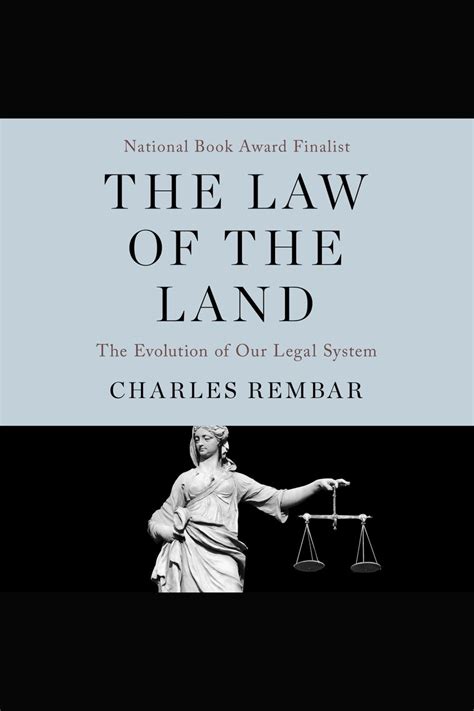A Quote by Emily Thornberry
Our courts' decisions do not permeate the public consciousness - we have no equivalent of the Brown v Board of Education ruling which outlawed racial segregation, or of Roe v Wade, which enshrined a woman's right to choose not just into law but into the public imagination as well.
Related Quotes
The hardest problems of all in law enforcement are those involving a conflict of law and local customs. History has recorded many occasions when the moral sense of a nation produced judicial decisions, such as the 1954 decision in Brown v. Board of Education, which required difficult local adjustments.
It is not necessary for the politician to be the slave of the public's group prejudices, if he can learn how to mold the mind of the voters in conformity with his own ideas of public welfare and public service. The important thing for the statesman of our age is not so much to know how to please the public, but to know how to sway the public. Those who manipulate this unseen mechanism of society constitute an invisible government which is the true ruling power of our country.
I found Viola Desmond was the first woman whose case was taken up in the courts, and it wasn't that she tried to sue them for throwing her out of the theatre; it was that they took the law and used it to arrest her. That was really shocking to me. We had no laws in Canada actually requiring segregation, like they did in the United States. But here we had people using the law - the amusements tax act - to enforce segregation, and our courts allowed them to do that.
Three features mark the Anglo-American system as different from all others. One is the extent to which our law is formed in litigation. Another feature is the way we conduct these cases: we pit antagonists against each other, to cast up from their struggles the material of decisions. A third- and largest in the public consciousness- is the trial by jury.
But it is recognized that punishment for the abuse of the liberty accorded to the press is essential to the protection of the public, and that the common law rules that subject the libeler to responsibility for the public offense, as well as for the private injury, are not abolished by the protection extended in our constitutions. The law of criminal libel rests upon that secure foundation. There is also the conceded authority of courts to punish for contempt when publications directly tend to prevent the proper discharge of judicial functions.
I think the problem is, if we foreclose any public justice, then we cut off the virtuous cycle that's represented by law, where there are public decisions which then deter misconduct in the future. We need to have both. We need to have private dispute sy-, systems, and we need to have public dispute systems.
I believe abortion should be safe and legal in this country. I believe that since Roe v Wade has been the law for 20 years that we should sustain and support it. And I sustain and support that law and the right of a woman to make that choice. We can believe what we want, but will will not force our beliefs on others on that matter. And you will not see me waivering on that.
Under Sharia law, If a woman has money, she can invest her money. The thing is, what we are concerned about is, in the public arena, there's a difference between a man and a woman. We would have complete segregation in the public arena, but other than that, if she wants to go to the market, if she wants to go to visit her relatives or for medicine or for education. There's a whole host of reasons why she would be out and about but, what we are saying is she not obliged to work. That is the job of the man.
But, that’s the whole point of corporatization - to try to remove the public from making decisions over their own fate, to limit the public arena, to control opinion, to make sure that the fundamental decisions that determine how the world is going to be run - which includes production, commerce, distribution, thought, social policy, foreign policy, everything - are not in the hands of the public, but rather in the hands of highly concentrated private power. In effect, tyranny unaccountable to the public.
We've seen in terms of the reaction to some proposals in the Budget already how resistant that public opinion is to, first of all, a public comprehension of the new paradigm in which we have to operate; and secondly, to the rationale for the decisions that we're taking and the reason for those decisions to be implemented and followed through.































